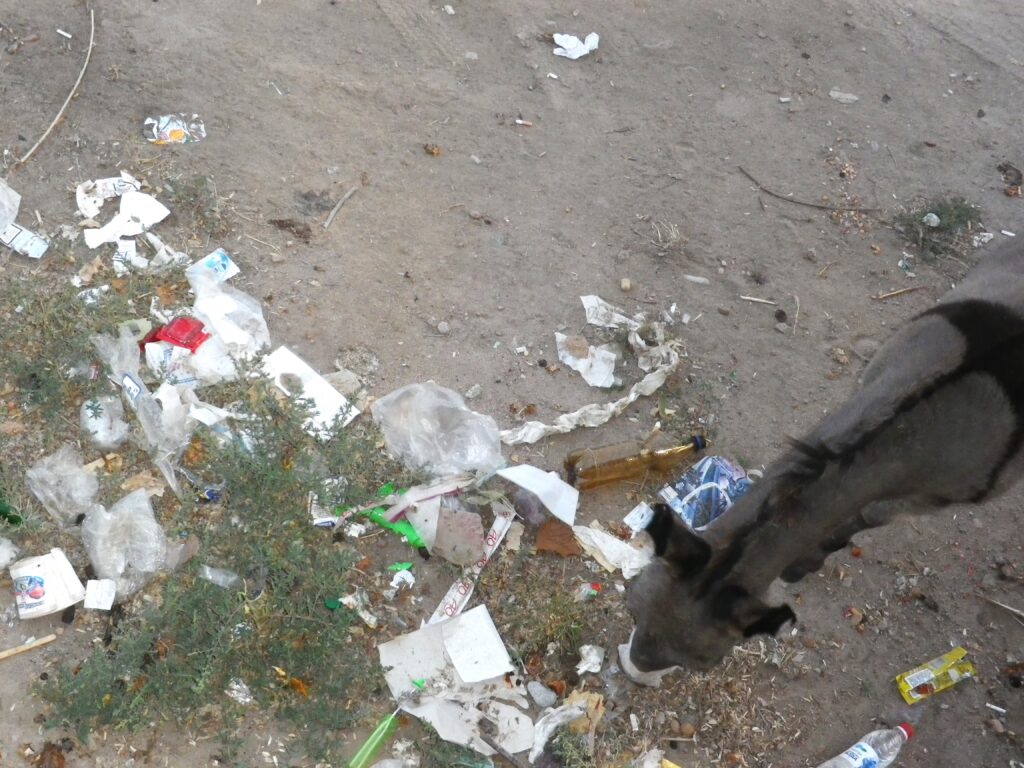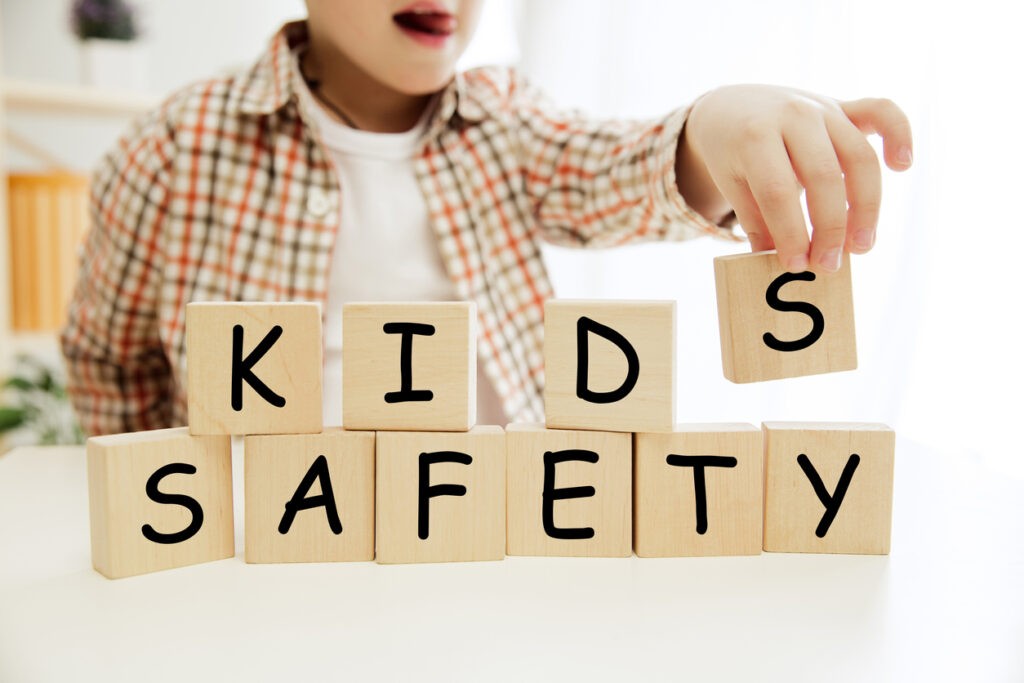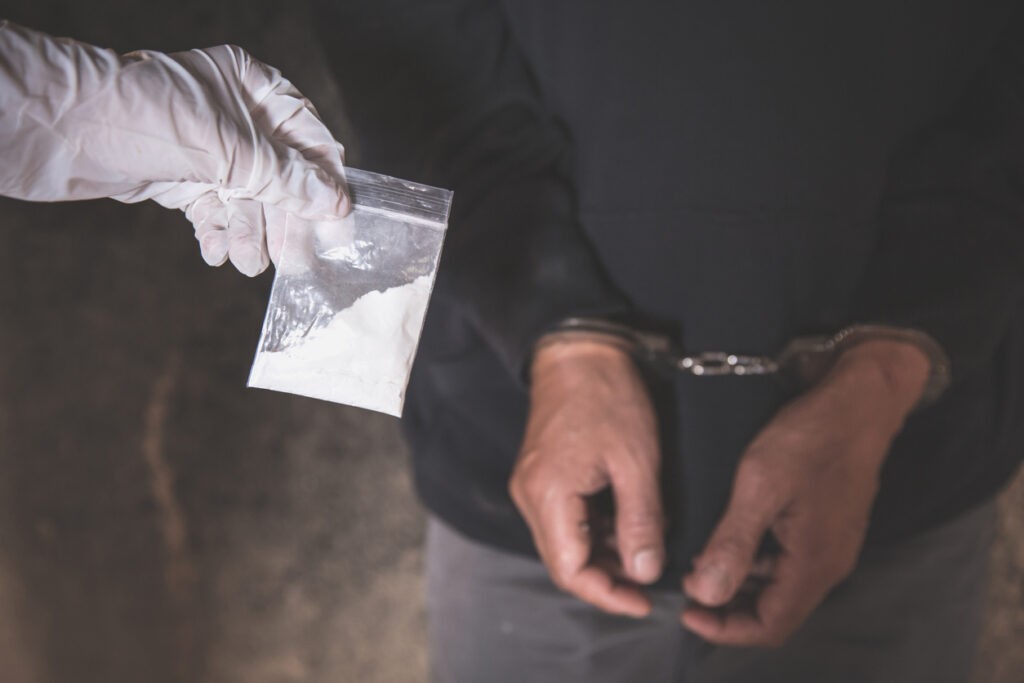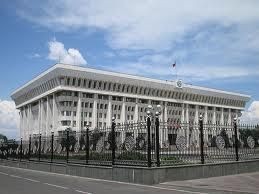Kazakhstan to Introduce Luxury Tax on Items from Yachts to Cigars
Kazakhstan's Ministry of National Economy has announced proposals to introduce a new law on taxes and other mandatory payments to the national budget in 2024. The proposed amendments to the tax code will raise rates in cases where the value of possessions held by any individual exceeds $1 million and is directed specifically at those who own yachts and private planes. According to the ministry, 490 yachts in Kazakhstan are registered to individuals. The maximum tax currently paid on watercraft is currently around $421 but is set to increase in line with rates paid in Europe where tax is calculated according to the length of a yacht. In Greece for example, the annual tax on 'luxury' yachts over 5 metres in length, varies from $852 to $2558, and rises sharply if the length exceeds 12 metres. The ministry also proposes to introduce excise taxes on high end alcoholic beverages and cigars. The excise duty set on imported Macallan 50YO whisky priced at $13,300 for 0.70 litres, is $1.50; on Remy Martin Louis XIII cognac priced at $9,300 for 3 litres, $0.67; and Chateau Petrus wine worth $1,900 for 0.75 litres, $0.058. The new tax will also on impact other imported luxury goods, including Cohiba cigars worth $317 for 15 pieces and Don Antonio Churchills cigars priced at $266 for 40 pieces. The fundamental aims of the new taxes are to equalize the socioeconomic situation of different segments of the population, to increase the nation's revenue, and to regulate consumption of certain goods. The ministry did however report that since the new measures would potentially reduce domestic consumption of 'luxury' goods, the cost of administering tax on such could exceed the income generated. New amendments are also forecast to harmonize excise on general tobacco. Current legislation already provides for a gradual increase in excise taxes on cigarettes. Due to reach $30.6 per thousand cigarettes this year, it is 20% below the indicative rate. In addition, the new tax code will consider the transition to graduated tax rates in different sectors of the economy, accelerating the introduction of progressive taxation, reforming special tax regimes, and streamlining and reducing tax benefits by at least 20 percent. The package of amendments will include a revision of tax administration. Digitized control will enable both a 30 percent reduction in the need for paper tax return forms, and simplify VAT refunds. Other changes include an exemption from taxes and other fees for foreign and domestic investors during the first three years of their implementing new manufacturing projects. The ministry's document is publicly available for discussion until March 27, with the new tax code expected to be adopted in October of this year.








